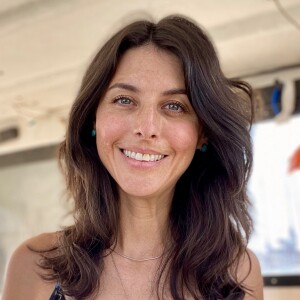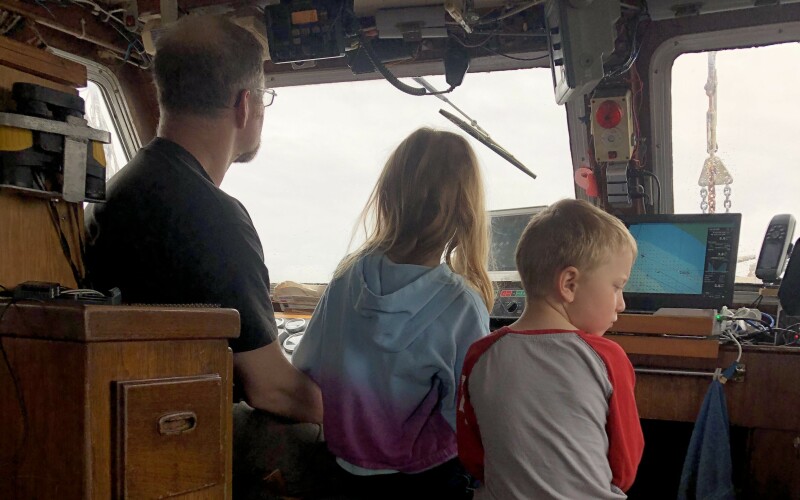Once I stopped recording our interview for the Partners of Commercial Fisherman podcast, Melissa Collier of West Coast Wild Scallops really went off. As she listed threatening regulations, the research and work of fishermen to save local fisheries, and the rejection of the Canadian Government for their due diligence, I opened the Voice Memo app on my phone and hit record to capture it all.
Melissa and her husband, fisherman Joel Collier, run a small family operation from Courtney and Campbell River, British Columbia, Canada. A few years ago, they expanded their simple fishing business to include wholesale. However, Melissa feels “wholesale” speaks louder than what she, her husband, and two crew members do regularly.
“I think of it more as a commercial fisherman marketing and selling his catch to a variety of end markets,” Collier said. WC Wild Scallops sells locally, directly to the public and small seafood markets and retailers, a community-supported fishery, and food distribution companies.” On top of business operations while raising two kids is advocacy, an obligatory measure that has become an identity.
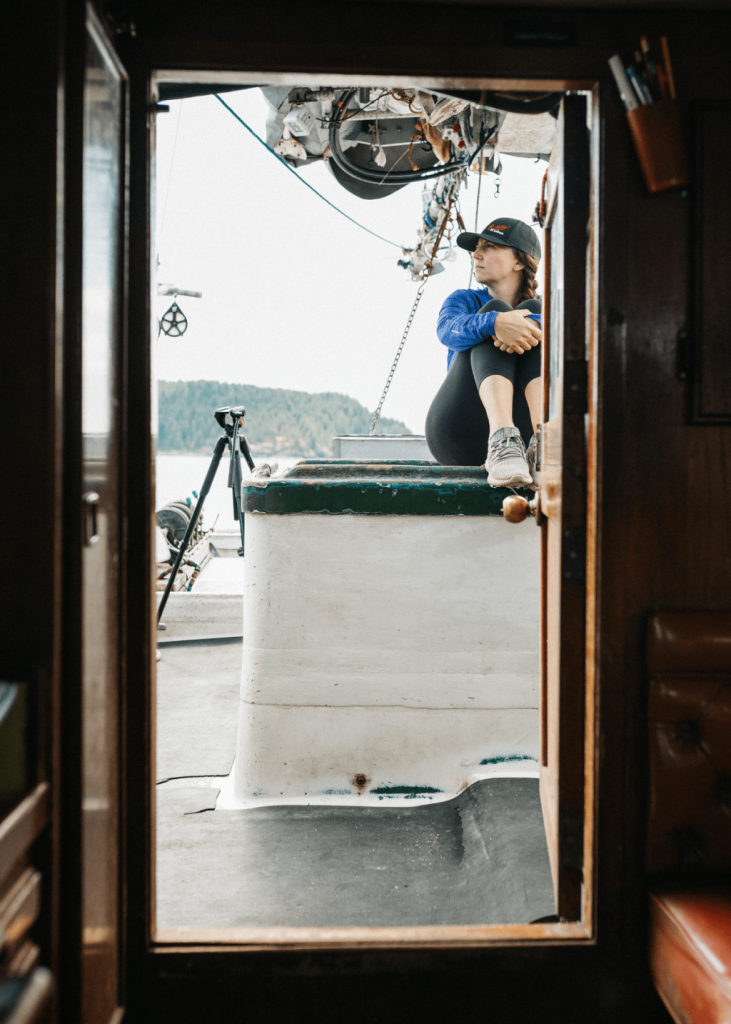
There’s real fear on Vancouver Island that commercial fishing may no longer exist due to encroaching MPAs or Marine Protected Areas on fishing grounds, at least in a way that can support the Collier family and many others who’ve made this industry a career.
“Here on the B.C. coast, we have many different conservation areas,” Collier said. She mentions sponge reef areas where bottom contact fishing is restricted and a rockfish conservation areas where most types of fishing are prohibited. But MPAs the Canadian government threatens to implement are no-fish zones of the entire northern fleet fishing grounds.
“We got this map with patches all over the place, and the majority of these patches were our primary fishing zones,” Collier said. “Then they came out with more details including management measures where each area had a specific type of conservation target they were aiming for. The result is huge spatial closures that will drastically impacts the fishing industry.” In the latest version of the proposal, the government took the management measures out.
“We have no idea what they were trying to protect or what was going to be allowed, what's not going to be allowed. And that's kind of where we're sitting right now,” Collier said.
In response to the MPAs, fishing communities formed a group called the Marine Planning Team, with representations from several associations. For two years, the team traveled up and down the coast, meeting with every fish community and fishing method.
“The prawn fishermen got into a room and said, ‘Okay, what areas can we give up and what areas would be devastaing if we lost?” Collier said it was an “arduous task,” she explained, but a means to compromise and work with the government to find common ground.
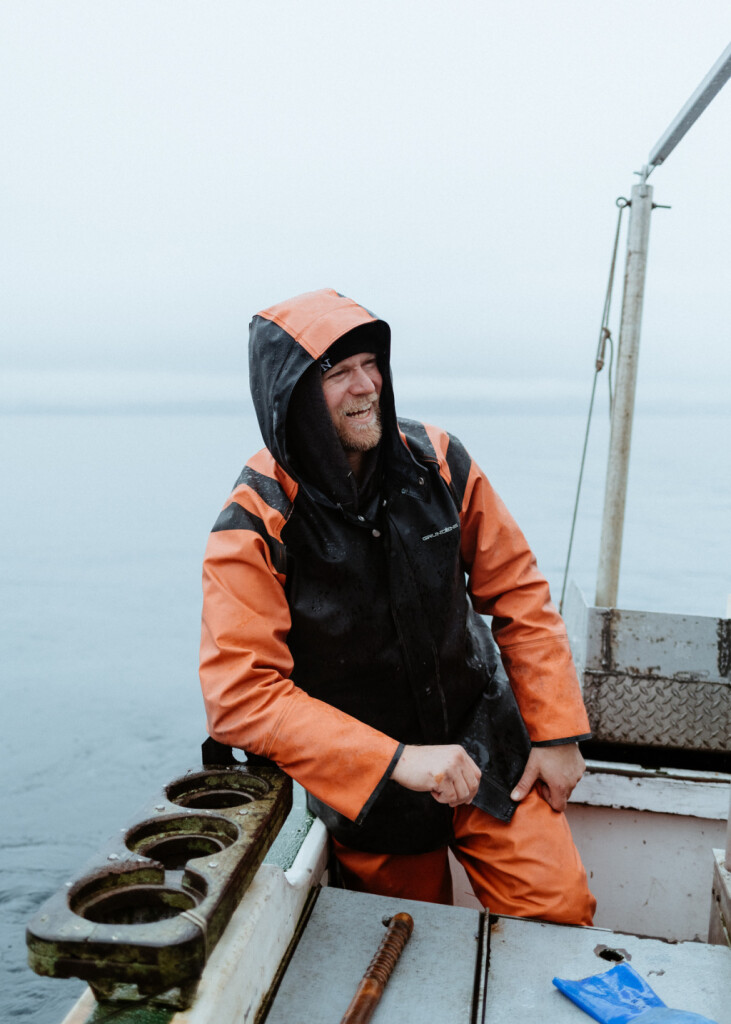
The Marine Planning Team created maps “because originally our government right away said if someone came up with an alternative plan, they would entertain it.” According to Collier, The team devised an alternate plan that met or exceeded the conservation that the government outlined. They had, reportedly, a significant reduction in impact. “The fishing fleet would still be there, there would still be an impact, but it wouldn't kill us. It wouldn't totally destroy our industry,” Collier said. The government has yet to acknowledge their efforts. “They haven't taken any of the recommendations by the Marine Planning Team, and they just keep plowing forward.”
Startling news came from the IMPAC5 conference (Fifth International Marine Protected Areas Congress) in Vancouver, Canada, this year when the government officially endorsed the marine protection network plan and announced an initial closure. “One of the areas they closed is part of an area that we fish, and we had to completely adjust our fishing in accordance with that because we can't fish in the zone anymore,” Collier said.
Yet, Collier and other families persist and attend public engagement meetings to keep their finger on the pulse. More discouraging news arose when information sheets of marine protected areas were passed around, citing unfactual data, which included recreational fishing periods and the economic impact of the commercial fishing community.
“They had the number of recreation fishing days in this area, and I'm like, there's no way that's accurate. I've seen more people fish recreationally there than eleven days a year,” Collier said. When they set the commercial fishing value at a specific number, her husband Joel explained his boat alone has pulled more money from fishing in that zone, and he personally knows three other boats that fish in that area.
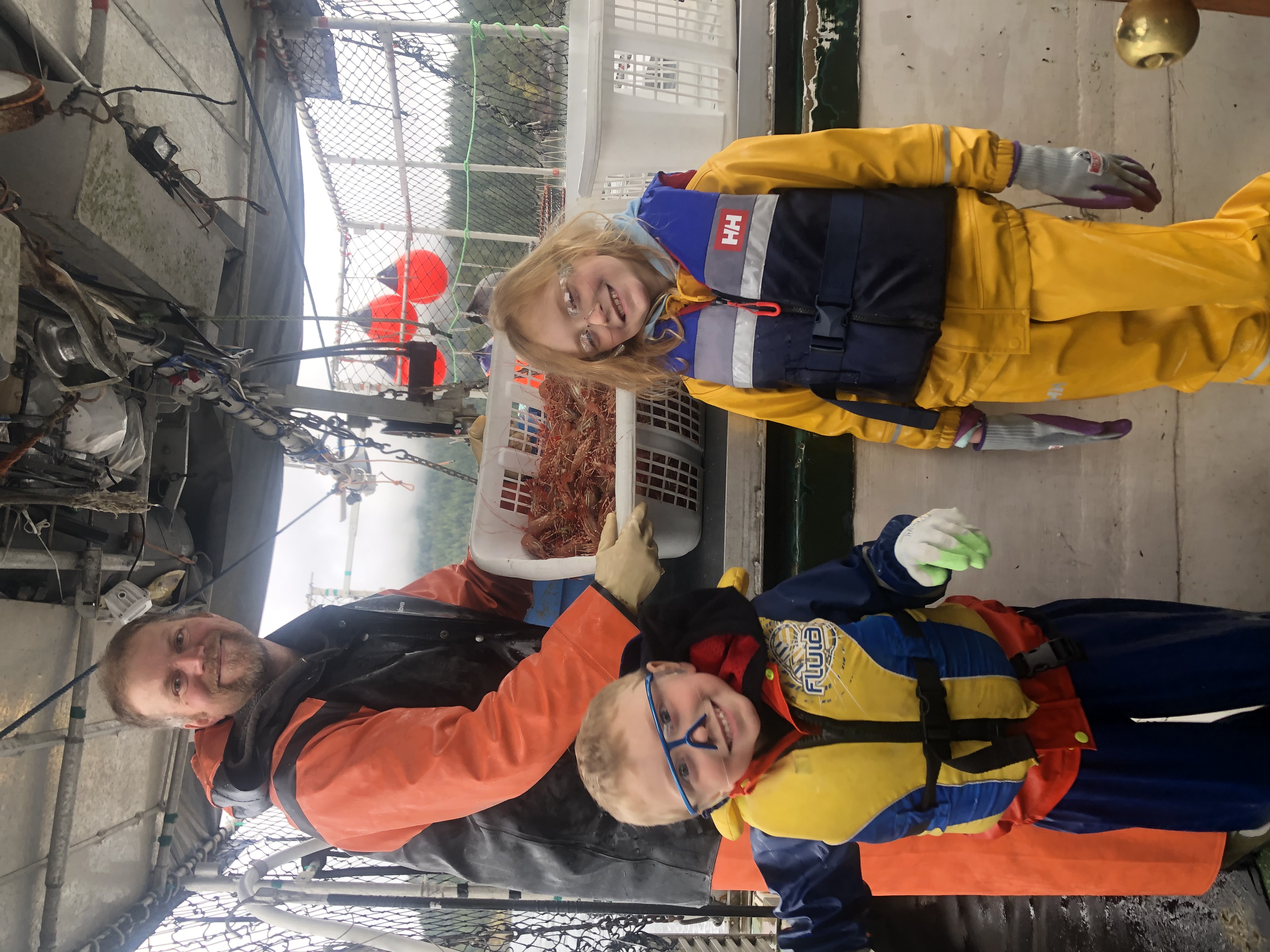
Although the government promised to consider fishery research to better understand each zone before implementing management, socioeconomic studies have not been done, numbers are skewed, the industry is flagged, and fishing communities are left in the dark.
“Our marine planning team has done everything that they can within the proper channels of working with the government, the fishing associations, and everything,” Collier said. “Finally, we said, ‘We don't know what to do anymore.’”
There’s already been a reduction of shore services along the coast. Processing plants disappear due to a lack of fishing opportunities to support their businesses, suppliers no longer offer a variety of commercial gear and electronics, and harbor shower and bathroom facilities are closing due to vandalism and insufficient fishing to warrant operational costs.
The northern part of the BC coast is currently being affected, but the southern coast is in the next phase. Collier explains that although most fishing is out of the north, they're fighting this now before having to deal with both.
Collier mentions a documentary that explains their current situation called No Fishing Allowed: Trudeau’s Plan to Decimate an Entire Industry by Aaron Gunn. She says Gunn does a “great job telling the story” to those who know nothing about fishing so they can understand what’s at risk. The poster for the documentary is a direct attack on the prime minister, and Collier believes some who align with the government may feel it’s a bit polarizing. However, Gunn wanted to tell the story, and fishing families are glad he did. “All I can do is hope that enough people get pissed off about it or scared about it that we can somehow put pressure on the government to fix it, change it, or adjust.”
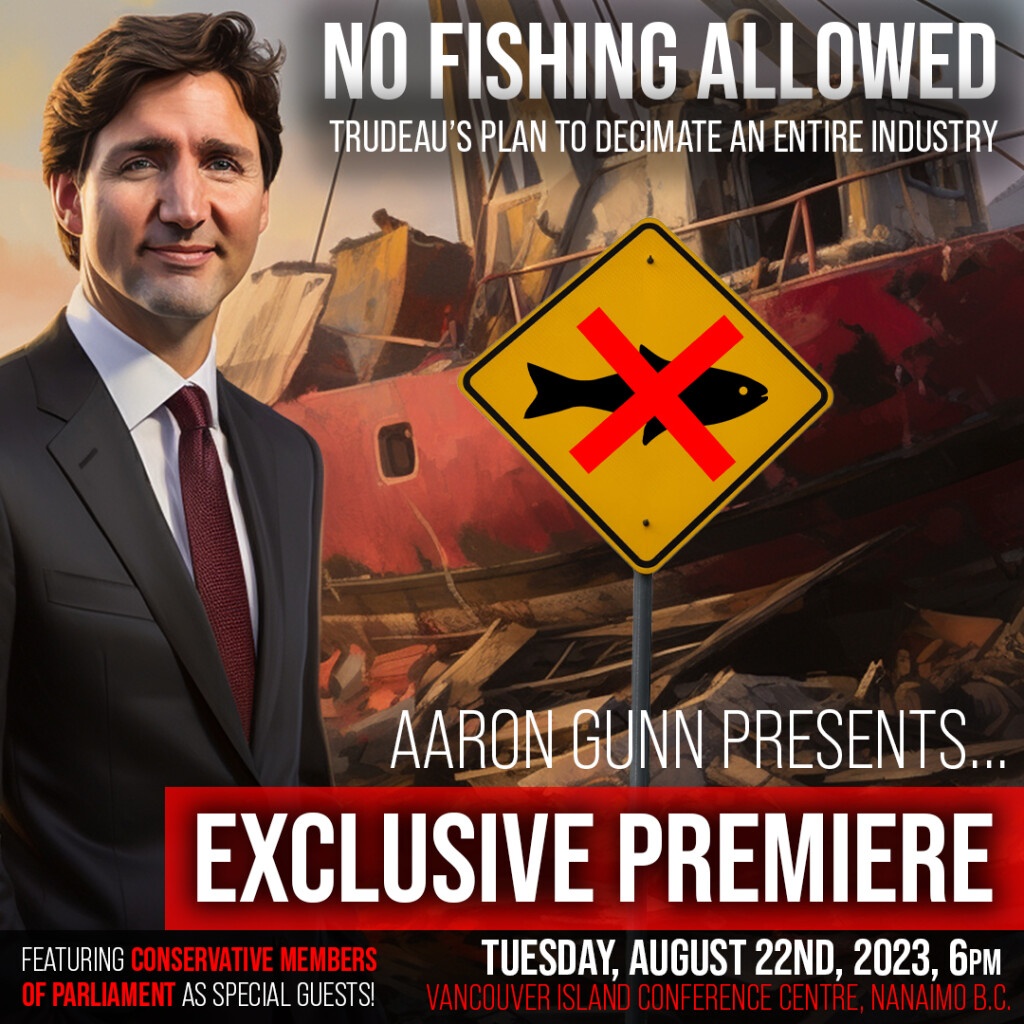
Graying of the fleet is evident worldwide, and Canada is no exception. Collier is working with the BC Young Fishermen’s Network on the issue. It’s devastating, she says, to watch younger generations want to retire and leave the industry when opportunity strikes because they fear the future. She struggles to promote the industry to younger generations because of its current state but will do her best to help fishermen who have chosen this career to be as successful as possible.
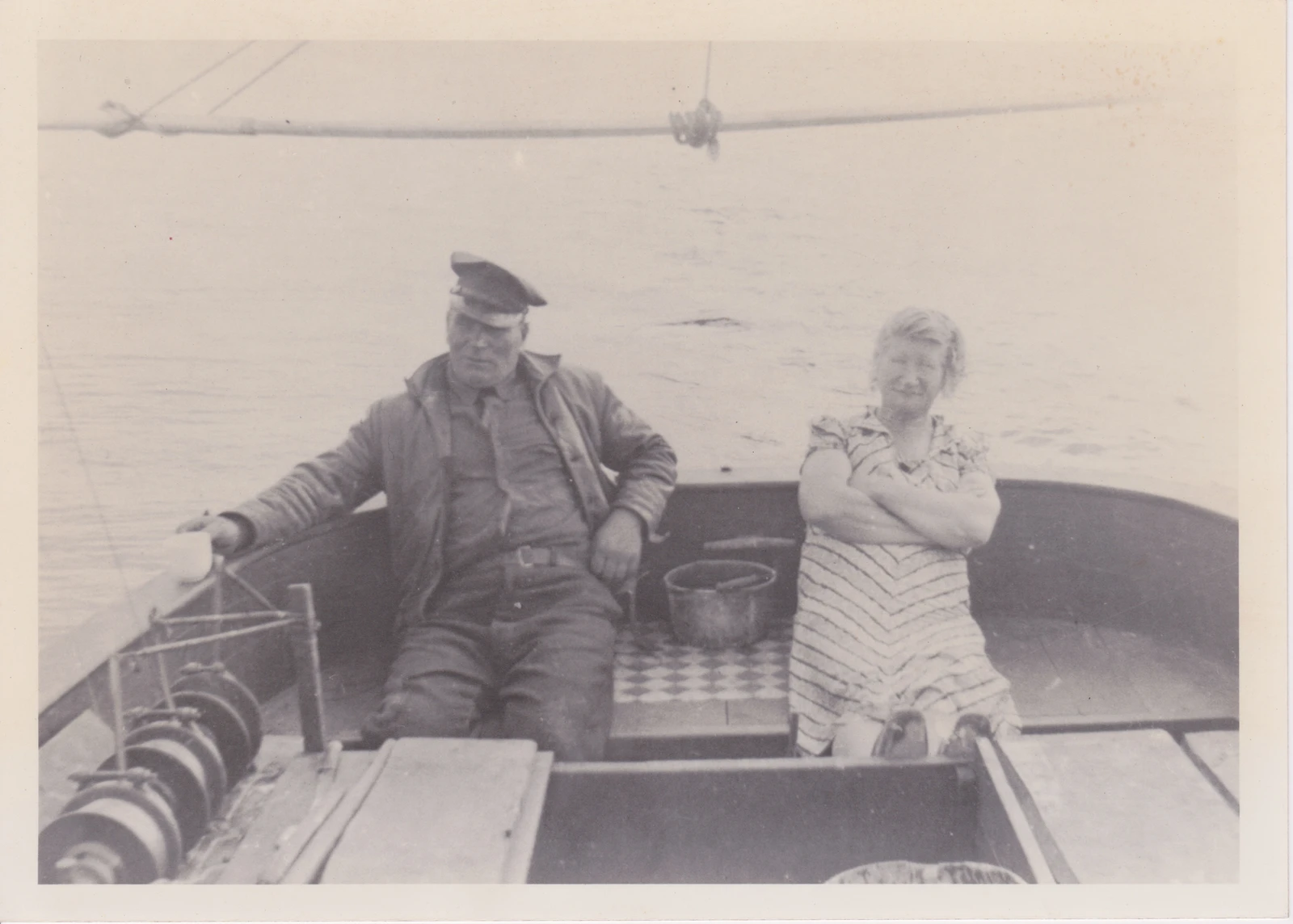
To offset an uncertain future, the Colliers plan to expand and diversify into other fisheries, though doing so is a financial strain. She says fishing is generally stressful, but the threat of closures takes it to another level. Even with Collier’s background as a marine biologist and her husband's experience in the petroleum engineering field, the thought of retraining to get back into those industries after years away is daunting.
Plus, they don’t want to.
Fishing is life.
“This is exactly who I am. I live, eat, and breathe this. My entire life is based on the tides, the weather, everything. And if I don't have fishing, what will I do,” Collier said. “We love our lifestyle. We love fishing. We love being able to offer it to our kids. We love feeding the world.” To walk away from fishing, she says, would break their hearts.
“And the loss of multi-generational knowledge as well, to me, is terrifying,” Collier said. “The amount of information, knowledge, and experience that has been passed down to my husband from his family…and that's going to be lost all over this coast.”
Visit www.wildscallops.ca to learn more about West Coast Wild Scallops.
For Melissa’s full interview and tips on how you can start a small wholesale operation, listen to the Partners of Commercial Fishing Podcast on Spotify, Apple, Google Podcasts, Amazon, iHeart, and anywhere podcasts are available.
For helpful resources for Partners of Commercial Fishermen, visit pocfpride.com.




